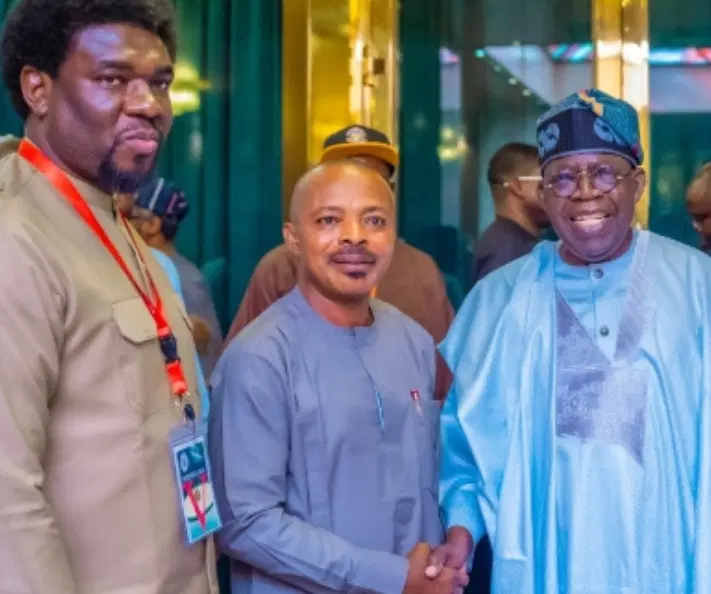The Nigeria Labour Congress (NLC) said on Thursday that it will meet with the federal government to discuss ways that workers could weather the recent increase in the price of gasoline at the pump.
As per the labor movement, the benefits of the upcoming N70,000 national minimum wage have been undermined by the present petrol prices. During the opening ceremony of a two-day workshop on “Minimum Wage Implementation Workshop, Southern Zone, with the theme ‘Strategies for Effective Implementation of the 2024 National Minimum Wage Act, in Lagos,'” NLC President Joe Ajaero revealed that President Bola Tinubu had tricked organized labor into accepting the N70,000 minimum wage to prevent an increase in petrol prices.
He recommended that the government deal with the agonizing poverty, hunger, and annoyance of Nigerians before things go out of hand, lamenting that Nigerians were really suffering.
The head of the NLC bemoaned that Nigerians seemed to have adjusted to the reality on the ground since the government had been diverting organized labor while providing insight into the talks with head Tinubu before to the agreement on the N70,000 minimum salary.
“There is a strategy to divert our focus, disparage us, and make accusations against us on cybercrime, funding terrorism, supporting terrorism, and other things.
“Those actions have paid off because the pump price issue has persisted even as we deal with those accusations.
“I reiterate: Mr. President deceived us. Government authorities are disputing the statement we released expressing our betrayal. I’ll say it again: we were duped. Here, a few of you attended the meeting when Mr President said, Ajaero you are the problem.
Since we declared, the subsidy has ended. You do not wish to permit us to grow once more. We’ll give you the N250, 000 if you let me raise. When I first appeared on Arise Television that day, I reiterated what the President had said.
“I’m giving you an hour to think this over and get back to me,” the president declared. He stated that he was heading back to his office and that we had to decide on this (the N250,000 minimum wage or the increase in gas prices).
“We declined, sir. This cannot be where we hold our meeting, Mr. President. Allow us to take a week off before we return and update you. Alright, he said.
He said, “All right, I’m going to be traveling, but I’m going to cancel for a week.” We adjourned for one week in this manner.
“If you looked at the direction of those talks, we adjourned for a week. And upon our return from talks, we told Mr. President, “No, we cannot permit you to extend in any way, as that will impact all Nigerians and portray us as self-centered.”For us, not even N250,000 will be helpful. Our economy will become unstable if we keep raising salaries, which will lead to more increases in the price of gasoline. That N250,000 might not even be enough to purchase petrol, in reality.
“Mr. President also offered to pay for our tour of some West African nations, where the lowest priced gasoline is sold for N1,700. He went on to say that none of the companies in Cameroon, where N2000 is sold, have refineries and import their goods from Nigeria.
In response, we advised him to inspect the borders because that is the reason the goods are being smuggled into those nations.We also declined because we knew that Nigerians would claim to have given us money rather than that it was money for us to travel to those West African republics.
We went there on the day of adjournment and informed Mr. President that we were not there to negotiate or raise the price of the pump. Thus, let us focus on the minimum wage. several of these factors influenced the decision to accept the N70,000 minimum pay, which several of us in attendance felt was insufficient. However, some continue to claim that they are unable to pay that N70,000,000.This is the conundrum that we are all dealing with. Actually, we had a rough time with the employers from the private sector at our meeting. They refused to change, preferring to cast their votes with the federal government, state governments, and business sector on the one side and labor on the other. Some of these factors led to the numerous walkouts that you observed.
